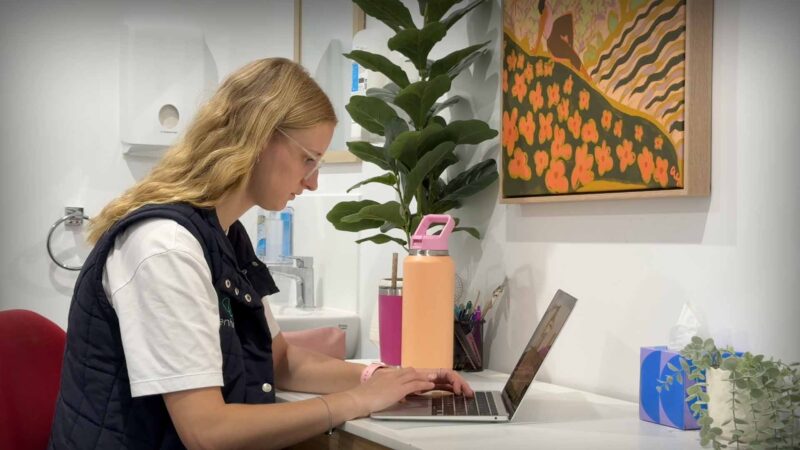There are several issues related to oral health care in Australia. Some of these include:
- Access to care: Many Australians, especially those living in rural or remote areas, may face barriers to accessing oral health care services. This can be due to a shortage of dental professionals, limited public transport, and financial constraints.
- Cost of care: Dental care in Australia can be expensive, and many people may be unable to afford essential treatments. While the government provides some funding for certain groups such as children and low-income earners, many people still have to pay out-of-pocket expenses for dental care.
- Disparities in care: There are significant disparities in oral health outcomes among different populations in Australia. For example, Indigenous Australians and people from lower socio-economic backgrounds are more likely to experience oral health problems than other Australians.
- Workforce shortages: There is a shortage of oral health professionals in some areas of Australia, which can lead to longer wait times and reduced access to care.
- Preventive care: There is a need to improve education and awareness about preventive oral health care practices, such as regular brushing, flossing, and dental check-ups, to reduce the incidence of oral health problems.
- Aged care: Many older Australians may face difficulties in accessing oral health care due to physical limitations or cognitive impairments. This can lead to a decline in oral health and overall health outcomes.
Overall, addressing these issues requires a multi-faceted approach that involves improving access to care, addressing disparities in care, promoting preventive care, and addressing workforce shortages.
One of the ways Dr Padma Gadiyar, a dentist running a number of practices in Brisbane, has considered is through digital health. Dr Gadiyar has developed Smilo.ai, an app that is able to take photos to assess the health of teeth through artificial intelligence, provide guidance on oral health issues for the user, at the same time helping to deliver public health literacy.
In this People In Health Care segment, Dr Gadiyar spoke to Australian Health Journal on how she hopes the app will help increase the number of people seeking dental treatment from the current 47% level in Australia. To date, 120,000 users have downloaded the app with more than 50 dental practices signed up with Smilo.ai to receive individual enquiries or seek dental treatment.
Smilo.ai is a member of the Australian Dental Industry Association.
You Might also like
-
Rural allied health mentorship program creates opportunities for students and practice
Melanie Roll, a director and physiotherapist at Gen Health Hamilton, is dedicated to nurturing the next generation of allied health professionals. Gen Health’s support begins with a work experience program for local secondary school students, where they can observe a variety of health services and participate in an annual careers night to explore allied health career pathways.
Upon moving to tertiary education, students are offered placements through a five-week program designed to transition them from observation to supervised practice and ultimately to seeing their own patients. In their final study year, they can apply for the mentorship program, which aids the transition into private practice.
-
Foundation outlines breast cancer research strategy
Australian Health Journal met with Associate Professor Cleola Anderiesz, CEO of the National Breast Cancer Foundation to hear of the new 5 year Pink Horizon research strategy. Those with lived experience of breast cancer, along with researchers, clinicians, and other funding organisations, have contributed to the development of the foundation’s new five-year Pink Horizon research strategy. This ambitious plan aims to invest $125 million to accelerate research efforts towards the vision of ending deaths from breast cancer.
-
More health care volunteers needed for Street Side Medics
Identifying a gap in the healthcare of vulnerable people in New South Wales, Dr Daniel Nour founded Street Side Medics in August 2020, a not-for-profit, GP-led mobile medical service for people experiencing homelessness.
Dr. Daniel Nour is a cardiology advanced trainee at Royal North Shore Hospital and the founder of Street Side Medics, a mobile medical service dedicated to providing GP-led care to individuals experiencing homelessness. The initiative started from a customised van, which serves as a medical clinic, visiting food services and shelters across New South Wales and recently Victoria. Street Side Medics offers free medical care without requiring documentation, ID, or a Medicare card.



